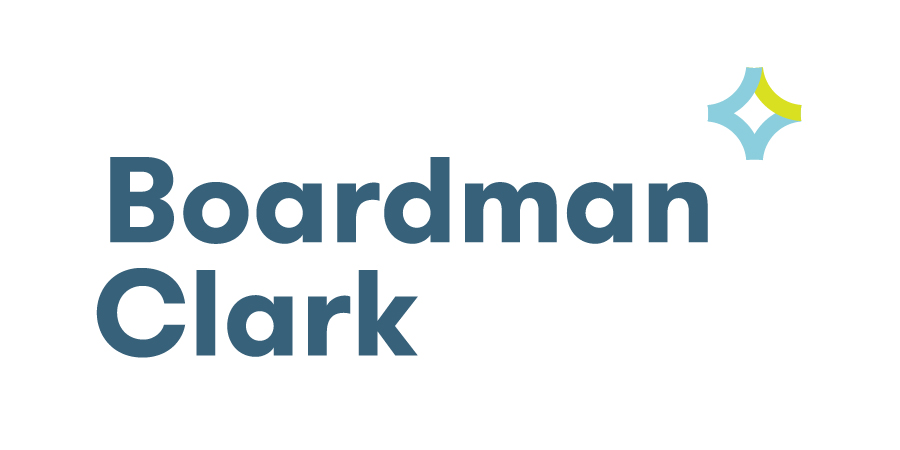EEOC Prioritizes Discrimination Claims Related to Current World Events
Submitted by Brian P. Goodman, Storm B. Larson and Mai Chao Chang
 In its newest strategic enforcement plan, the US Equal Employment Opportunity Commission (EEOC) is prioritizing addressing discrimination related to “local, national or global events” including discriminatory biases arising because of recurring historical prejudices. Global events such as the Israel-Hamas conflict not only impact individuals on personal and professional levels, but it can also give rise to workplace discrimination. The EEOC have reportedly received an increase in employment discrimination complaints by members of Jewish, Muslim, and Arab communities.
In its newest strategic enforcement plan, the US Equal Employment Opportunity Commission (EEOC) is prioritizing addressing discrimination related to “local, national or global events” including discriminatory biases arising because of recurring historical prejudices. Global events such as the Israel-Hamas conflict not only impact individuals on personal and professional levels, but it can also give rise to workplace discrimination. The EEOC have reportedly received an increase in employment discrimination complaints by members of Jewish, Muslim, and Arab communities.
Title VII of the Civil Rights Act of 1964 bars employment discrimination, segregation, harassment, and retaliation based on religion, national origin, and race, including those who are, or are perceived to be, Arab, Israeli, Jewish, Middle Eastern, Muslim, or Palestinian. Discriminatory conduct that occurs outside of work may seep into the workplace and contribute to a hostile work environment. For example, posting racial or religious slurs about a Muslim or Jewish coworker on social media can negatively affect the coworker if they become aware of the posts, or such contents are discussed at work.
Additionally, the Madison Equal Opportunities Ordinance protects employees from discrimination and harassment based on political beliefs, which might include opinions on local, national, or global events.
Given the climate of world events today, employers should be mindful about how discrimination can occur and how it may appear in the workplace. Employers should also take time to revisit workplace policies to ensure they contain adequate protections and to be prepared to respond to complaints of harassment or discrimination.



 This post is locked to comments.
This post is locked to comments.
